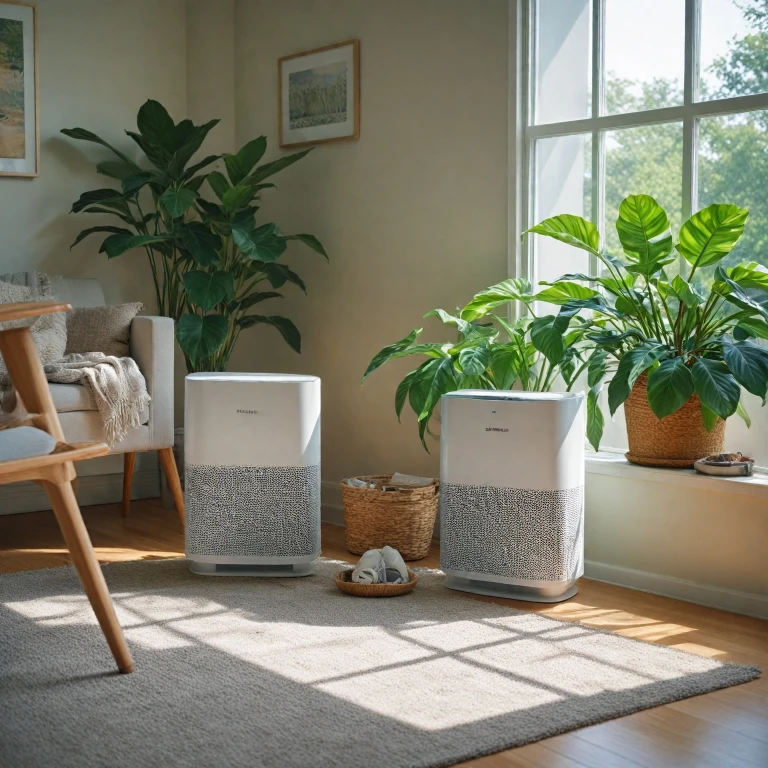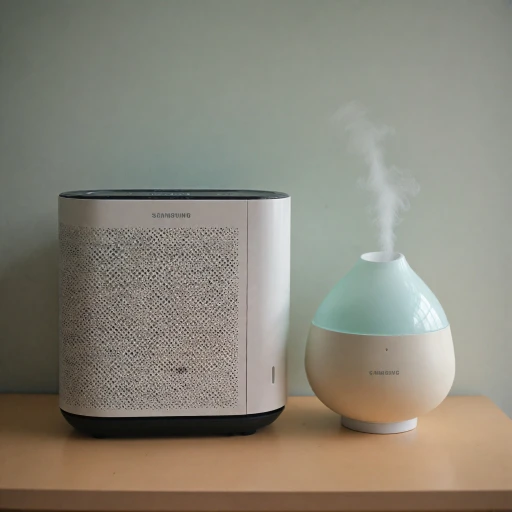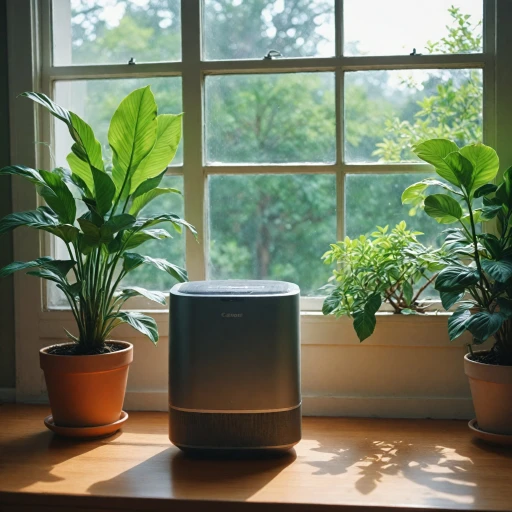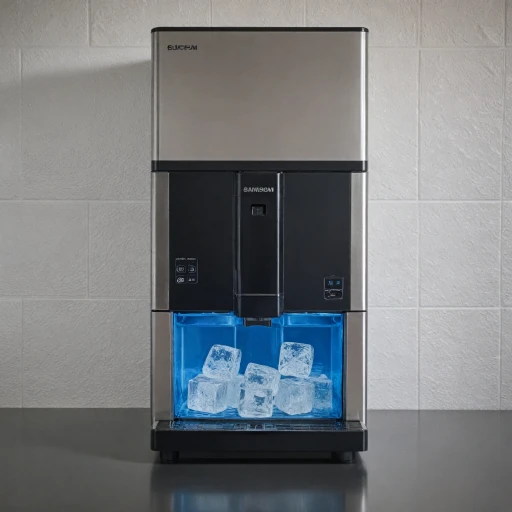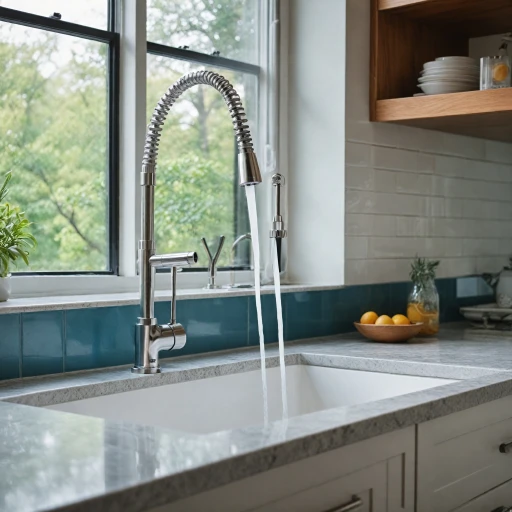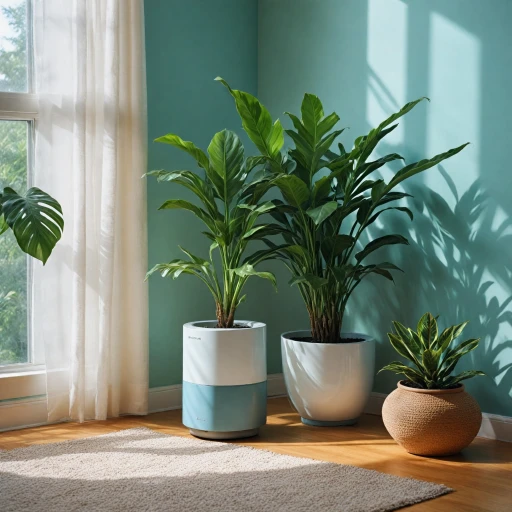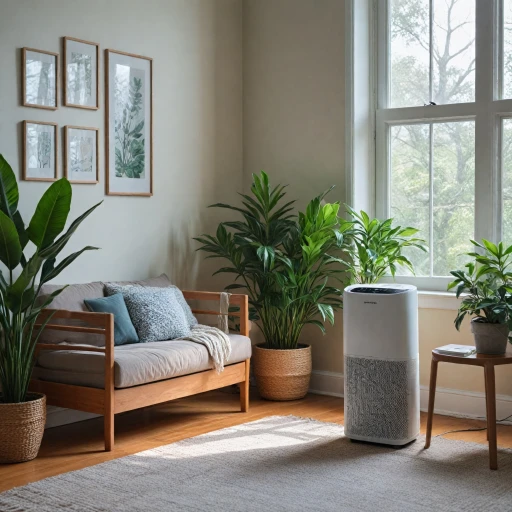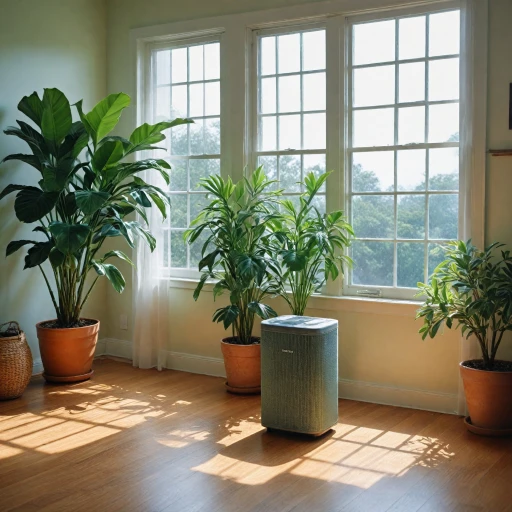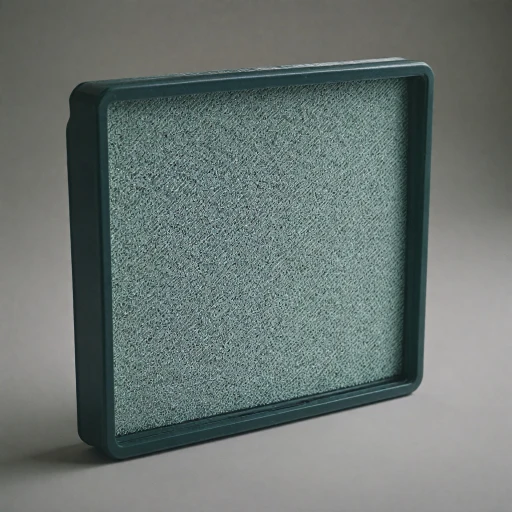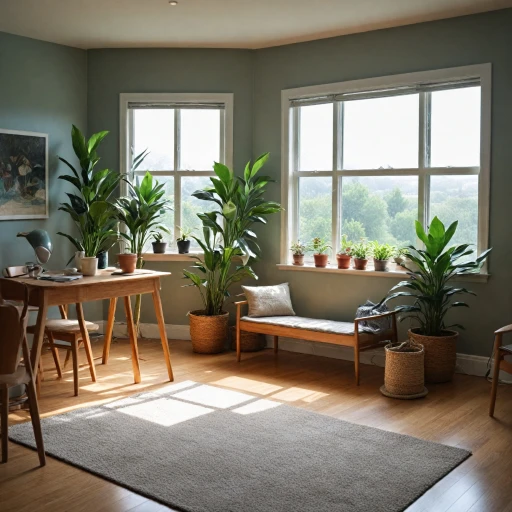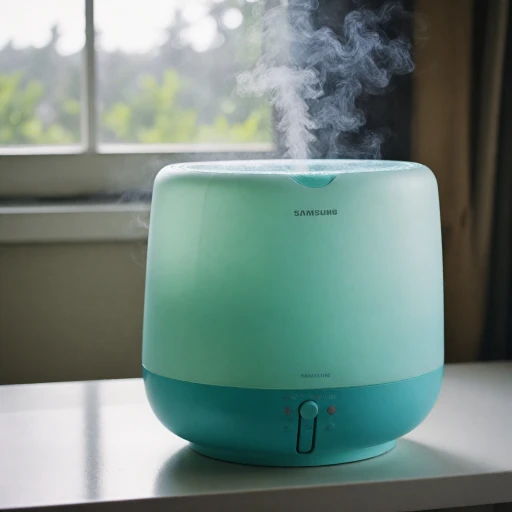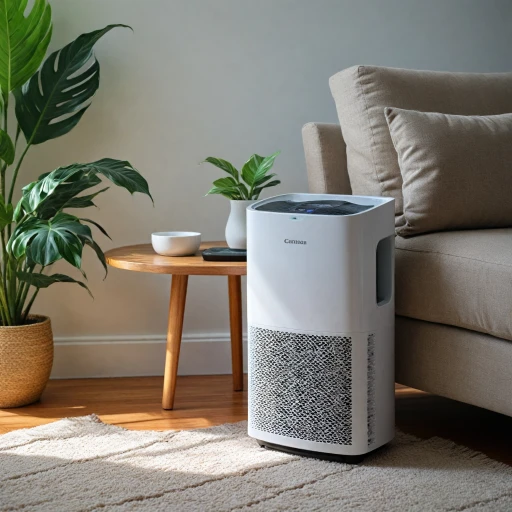Why Replacement Filters Matter
Understanding the Significance of Changing Filters
Air purifiers play a crucial role in maintaining indoor air quality, effectively removing harmful particles and pollutants. However, their efficiency largely depends on regular maintenance and the timely replacement filter. Regularly replacing the purifier's filters ensures that your unit can continue to reduce the concentration of allergens, bacteria, and other airborne particles.
HEPA air purifiers are known for their capability to trap over 99% of small particles, as small as 0.3 microns, including dust, pollen, and even some bacteria. Nonetheless, to maintain this level of filtration, the HEPA replacement filter must be switched out every few months, depending on usage and environmental factors.
Cost considerations can also influence replacement frequency. While the unit price of HEPA filters can vary, investing in regular replacements can save you on potential medical bills and discomfort caused by allergens and pollutants. When looking for affordable options, you might consider exploring buying a used Honeywell air purifier to help mitigate costs while ensuring you have a reliable backup device.
Not replacing filters on time can affect the performance of air purifiers, leading to reduced airflow and effectiveness. Additionally, ignoring filter changes can potentially overwork the unit's motor, leading to mechanical issues over time. Recognizing these potential drawbacks emphasizes the need for regular attention to your purifier filters.
Types of Replacement Filters
Exploring Diverse Filter Options for Optimal Air Purification
When delving into the world of air purifiers, understanding the types of replacement filters is pivotal. Replacement filters come in various forms, each with distinct functionalities catering to particular needs of purifying air effectively.- HEPA Filters: Known for their efficiency, True HEPA filters are designed to capture up to 99.97% of particles as small as 0.3 microns, including dust, pollen, and smoke. Regular HEPA replacement is essential to maintain their efficacy.
- Carbon Filters: Ideal for odor reduction, carbon filters use activated carbon to absorb gaseous pollutants and odors, making them a complementary component alongside a HEPA filter. They often require regular price consideration due to frequent replacements.
- Pre-Filters: Serving as the first line of defense, pre-filters capture larger particles, like pet hair and dust, prolonging the life of subsequent filters. This simple addition can significantly impact the unit’s efficiency and filter lifespan.
- UV Lights and Electrostatic Filters: While not a traditional filter, UV lights kill bacteria and viruses, and electrostatic filters use an electric charge to attract particles. These innovative additions can enhance filtration effectiveness.
Choosing the Right Filter for Your Needs
How to Select the Perfect Filter for Your Air Purifier
Choosing the right filter for your air purifier depends on several factors, and understanding them can vastly improve the efficiency of your unit. Here’s what you need to consider:- Type of Particles Being Filtered: Different filters trap various kinds of particles. If you're dealing with allergens and bacteria, a true HEPA filter is essential. These filters capture tiny particles, including those as small as 0.3 microns.
- Specific Needs: Some filters specialize in eliminating odors and gaseous pollutants, in which case a carbon filter would be suitable. Determine what issues exist in your household and choose a filter that addresses these concerns effectively.
- Budget Considerations: Replacement filters vary in price, often influenced by their filtration capabilities. True HEPA filters might come at a higher cost compared to standard filters but offer superior particle reduction. Look for sales or discounts on replacement filters that can ease this financial burden.
- Maintenance Frequency: Consider how often you need to replace the filters based on the manufacturer's recommendation. Some filters require replacement every six months, while others may last longer. Regular replacement ensures the air purifier functions optimally.
- Compatible Units: Ensure the replacement filter you’re considering is compatible with your air purifier model. The wrong filter won’t provide the expected air quality improvement and may not fit properly into the unit.
Signs It's Time to Replace Your Filter
Recognizing the Need for a New Filter
As you use your air purifier over time, you might notice a decrease in its performance. This is often due to the saturation of the filters, which can no longer effectively capture the numerous airborne particles present in your home. But how can you be sure it's time to replace your unit's filter?- Decreased Air Quality: One of the primary indicators that your air filter needs replacing is a noticeable decline in air quality. You may experience more dust on surfaces, musty odors, or a persistent presence of allergens.
- Increased Noise Levels: If your purifier starts to sound noisier than usual, it might be working harder to push air through a clogged filter.
- Visible Dirt and Dust: A visual examination of the filters can reveal built-up dirt or debris, especially evident on pre filters and hepa filters. This is a strong sign that it's time for a replacement.
- Regular Schedule: Manufacturers often recommend replacing filters at regular intervals, typically every 6 to 12 months, depending on usage. Monitoring this schedule helps maintain optimal air purification.
- Filter Indicator Light: Many advanced air purifiers are equipped with a filter indicator light that alerts you when it’s time for a replacement.
Maintenance Tips for Prolonging Filter Life
Keep Your Filter Running at Peak Performance
Maintaining your air purifier filter not only guarantees optimum performance but also prolongs the lifespan of the unit. Here are some important tips to keep your filters effective for longer periods:- Regular Cleaning: Pre-filters, which capture larger particles, often need cleaning more frequently than HEPA or carbon filters. It's advisable to follow the manufacturer's instructions for cleaning.
- Use Genuine Replacement Filters: Investing in true HEPA replacement filters as recommended by the manufacturer can prevent a number of issues, including reduced efficacy in capturing fine particles and increased energy consumption.
- Monitor Usage Hours: Keep track of how often and how long the air purifier is in use. Frequent use will mean filters need replacing more often; a general guideline is every 6 to 12 months but check your specific model's guidance.
- Proper Replacement: When it is time for a replacement, ensure the new filter is properly installed. Misalignment can cause air to bypass the filter, reducing particle reduction efficiency.
- Check for Signs of Wear: Visible dirt and debris on or around the filter, decreased air quality despite the unit's operation, and increased noise levels can be indicators that it’s time to replace the filter.
Environmental Impact of Filter Disposal
Environmental Considerations When Disposing of Used Filters
When it's time to replace your filter, as recommended in earlier sections, the environmental impact of disposing used filters is something you should definitely consider. The disposal of used air filters, whether they're HEPA, carbon, or pre filters, plays a significant role in the environmental footprint of your air purification practices.- Material Composition: Most air filters, including true HEPA filters, are made from materials that are not biodegradable, contributing to landfill waste. It's worth investigating whether the manufacturer offers a recycling program for used filters.
- Recycling Opportunities: Some manufacturers and local facilities provide recycling services specifically designed for air purifier filters. By engaging in these opportunities, you contribute to the reduction of landfill waste.
- Separation and Disposal: When disposing of used filters, it is important to separate the various components as some parts may be recyclable while others are not. For instance, while the filter material itself might go to landfill, the plastic casing could potentially be recycled.
- Impact of Particles and Bacteria: Disposed filters may also pose a hazard if they contain trapped particles and bacteria. It's essential to handle them with care to prevent exposure and contamination.
